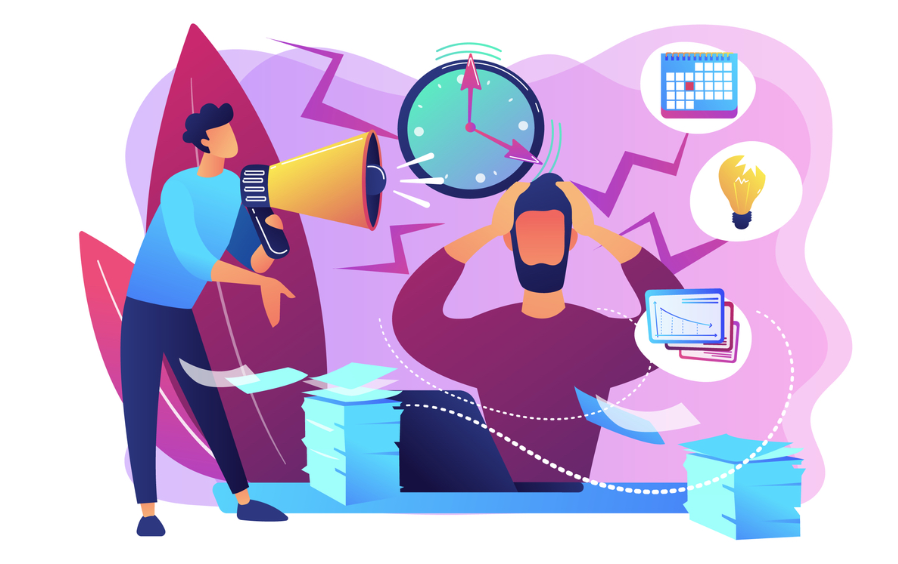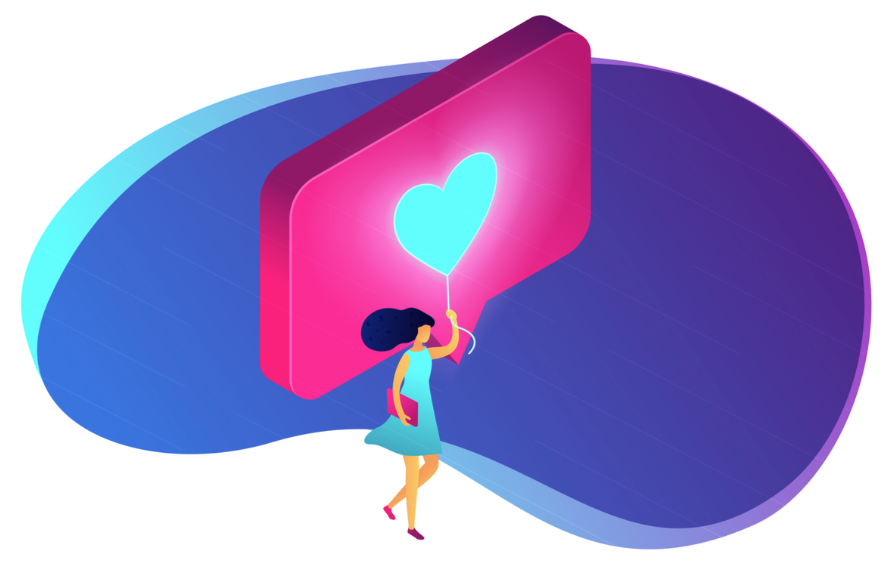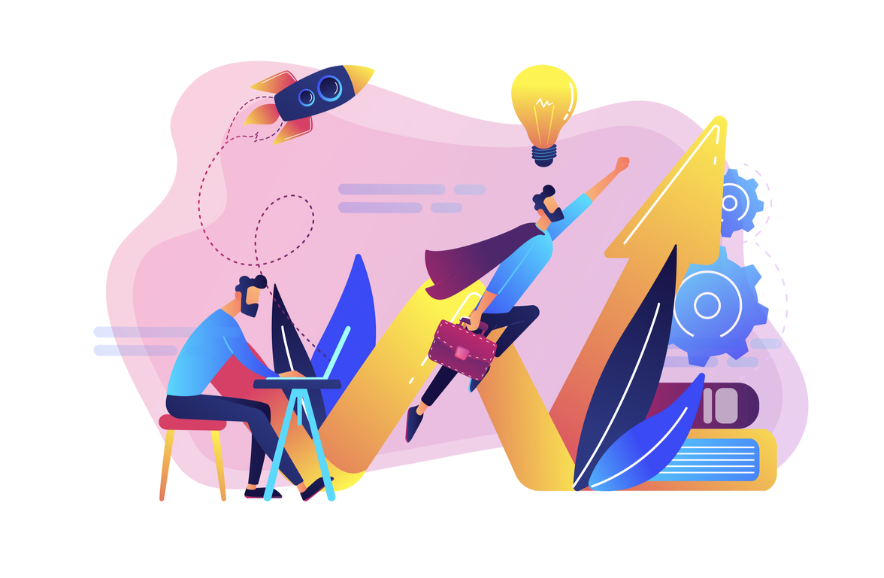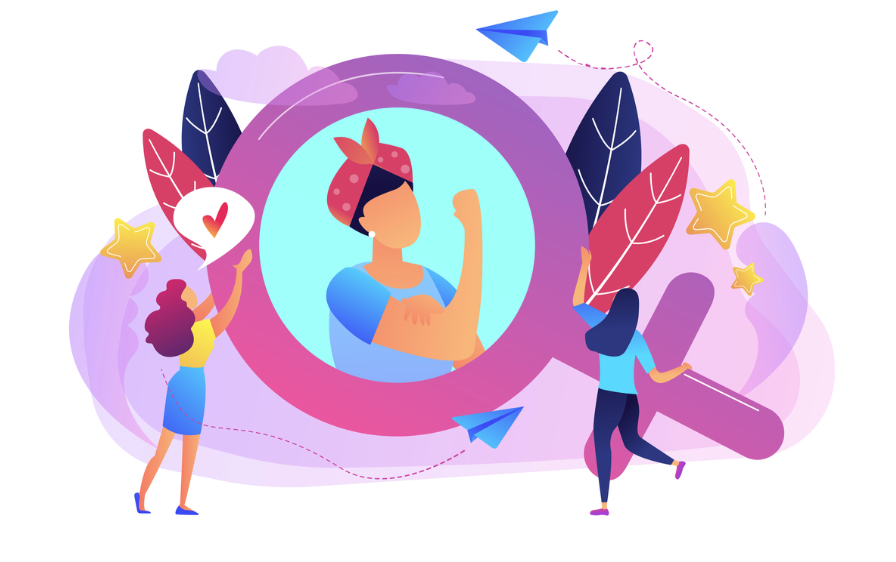For some time it had been widely accepted that positive emotions encourage creativity because they broaden the mind, whilst negative emotions have a detrimental effect because they narrow the creative’s focus.
However, in more recent times, psychologists have come to understand that this view is much too simplistic.
Research conducted by Professor Eddie Harmon-Jones at the University of New South Wales suggests that it’s not the type of emotion you experience that matters (positive or negative) but rather the motivational intensity that the emotion elicits. Pleasant, for example, is a positive emotion, but it has low motivational intensity. In contrast, desire is a positive emotion with high motivational intensity.
The researchers found that showing participants videos that triggered emotions of low motivational intensity broadened the mind, whereas videos that evoked emotions of higher motivational intensity narrowed subjects’ scope of attention. The same was found to be true for both positive and negative emotions.
The ability to broaden attention and to narrow focus are key strings to the creative’s bow, which suggests that creativity is fuelled by a spectrum of emotions.
This theory was given further credence in a recent study led by Roger Beaty. He found that creative people often have greater connections between two areas of the brain that are typically at odds: the region associated with focus and attentional control, and the region associated with imagination and spontaneity.
Psychologist Scott Barry Kaufman (a collaborator on the study) explained why this could be so advantageous for creative people.
“The entire creative process—not just the moments of deep insight— involves states of euphoria and inspiration as well as states of calm, rational focus.”
As with many things in life, creativity, it seems, requires balance to blossom.
With that in mind I’ve selected a range of emotions that I believe influence my own creativity.

Stress
It may seem a strange place to start, but for many creatives, stress or fear is often the first emotion we experience as we stare blankly at the brief searching for inspiration.
Although stress is a negative emotion, it’s influence can be positive because of the high motivational intensity it stimulates. It’s this stimulus that encourages us to stop scrolling through Facebook and focus on the task at hand.
Once we focus and contextualise the problem, that’s when we begin to relax and other, more positive emotions start to take over.

Passion
I’ve never met a creative who doesn’t love what they do. Yes, it can be stressful, yes it can be frustrating, but my oh my, it's a whole heap of fun.
Loving what you do, and, crucially, what you’re doing, frees us from the shackles of rationality and negativity and opens our minds to new possibilities. This mindset is the gateway to flow state (often referred to as ‘being in the zone’) an immersive, intrinsically motivated and enjoyable feeling where we become so absorbed in our work that ideas form and evolve in a way that seems almost effortless.
Being passionate about what we do allows us to let go of our inhibitions and trust in our instincts, which brings me nicely on to the next point...

Trust
T.S. Elliot once wrote that “anxiety is the handmaiden of creativity”. What he meant was that creative people live with an ever-present fear of being judged and of potentially being seen as a failure.
That anxiety is not a modern phenomenon and it is certainly not exclusive to creatives. The fear of failure stems from our primitive brain – the area responsible for survival. In the days of early man, being singled out from the pack was not a good idea as it would make us vulnerable, and so anything that could lead to that was something to be fearful of.
In modern society that fear is much less rational, but none the less real, especially when we do something that might be considered ‘different’, like being creative.
The best way to overcome that fear is to learn to trust in yourself, your ability and your experiences. In my opinion, that belief is just as important as the talent you possess.

Empowerment
Believing in yourself goes a long way, but we all need someone who believes in us too. The feeling of empowerment we get from a boss or client who trusts us to come up with the right solution can be incredibly inspiring, and there are countless psychological studies to back this up.
When a person we deem to be important puts their faith in us and gives us the power and freedom to do what we want (within the relative constraints of the brief) it can make us feel extraordinarily happy. And it’s when we’re happy, and not crippled by the burden of failure, that we do our best work.
That’s not to say you need to turn up at work each day with a smile as wide as the Thames estuary on your face. That would be unrealistic, not to mention incredibly annoying for those around you. Think of happiness as your emotional baseline. If you’re not there yet, try finding someone who believes in you as much as you do.
At Laws of Attraction, we’re experts at harnessing the power of emotions to enhance relationships with customers and colleagues. Relationships are the heartbeat of every successful business, and at the heart of every successful relationship is communication. It follows then that the emotively you communicate; the more meaningful your relationships will become.
If you’re interested in learning more about this, we’d love to hear from you.